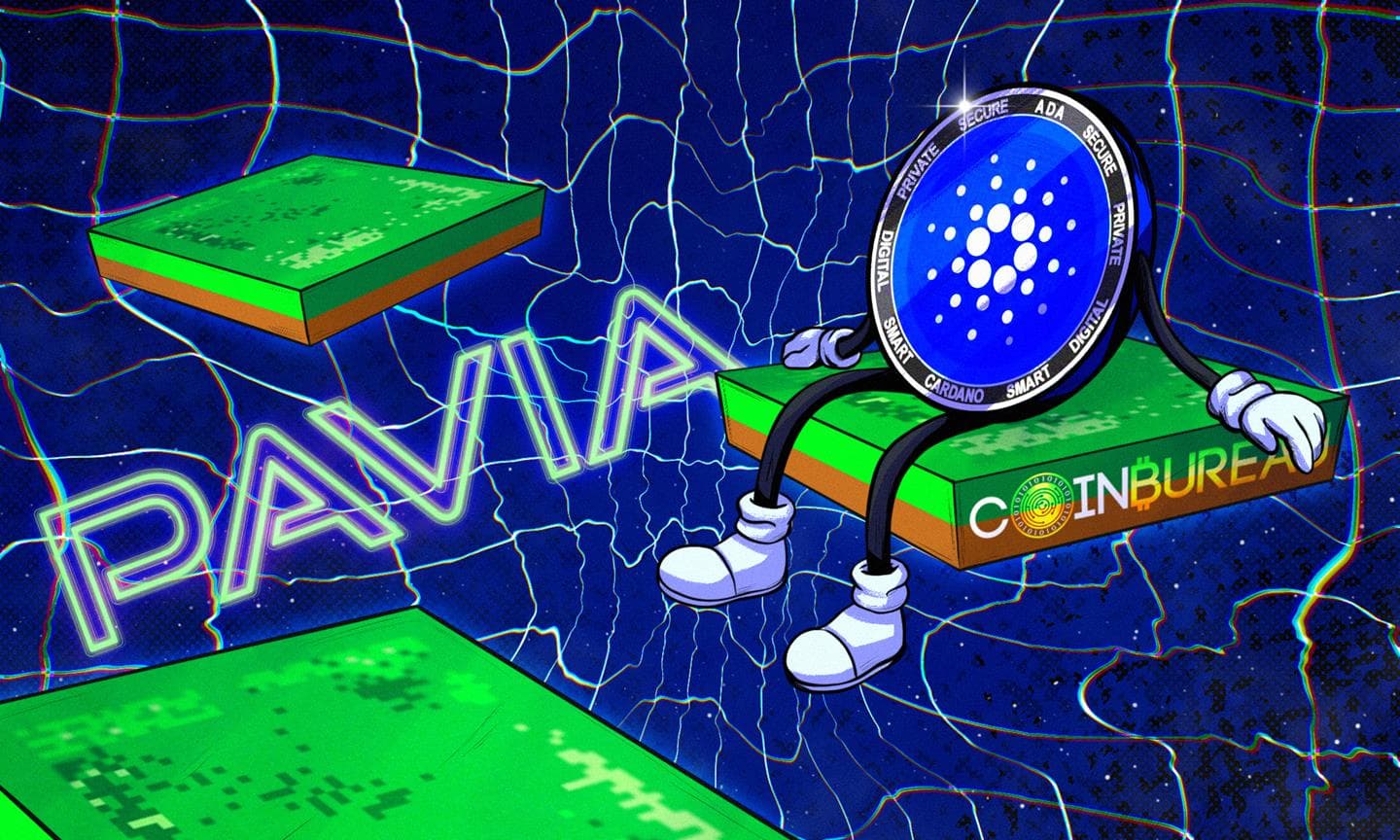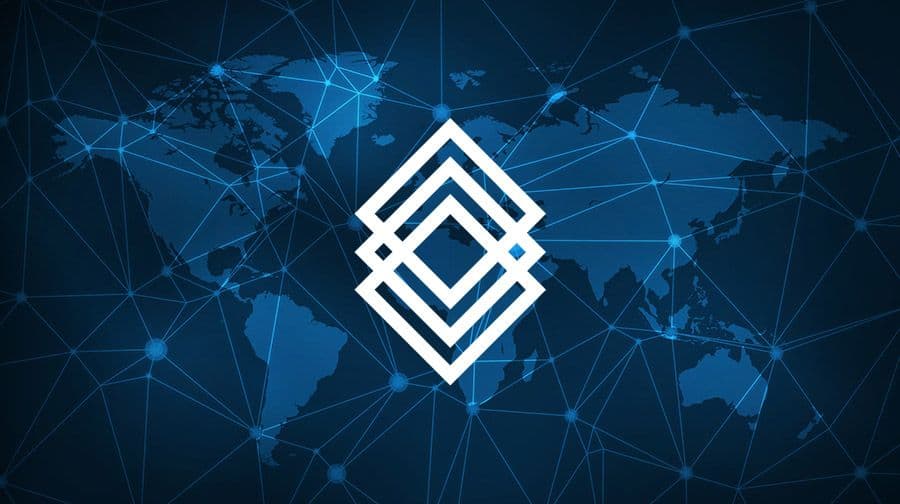Being able to build consensus is one of the most important requirements for blockchain technology to function. Independent nodes have to agree on the current state of the decentralised ledger.
However, building consensus on the development and overall direction of a project is not so easy.
If there is anything that the past year has taught us it is that views differ greatly in the cryptocurrency ecosystem. When you have different visions in a particular crypto community it can even lead to numerous chain splits.
Being able to develop a protocol for blockchain governance is one of the most pertinent challenges that cryptocurrencies face today.
There are quite a few projects that are building there own solutions and one of the most promising is that of Decred.
Exclusive Interview with Marco Peereboom
 Marco Peereboom. Image Source
Marco Peereboom. Image SourceDecred (DCR) has been in the news quite a bit recently because of the strides they have been making in the development of a number key technologies. One of these was the release of the Politeia platform.
One of the lead developers at Decred and the driving force behind Politeia is Marco Peereboom. We decided to reach out to him and asked him a number of question on Decred, on-chain governance and the new platform.
On Yourself and Decred Founding
You have stated that you are more of a thinker than a marketer, a “typical Unix guy”. How did you get involved in blockchain technology, Bitcoin and eventually Decred?
By training I am a double E but by trade I am an Operating Systems guy. I have always been fascinated with hard- and software interaction. When I came onto the job market the only avenue, I had to scratch that itch was open source.
I started using open source operating systems in the early 90s and from there I moved on to Linux and OpenBSD. OpenBSD has one of the highest quality code bases in the world and it has a strong security focus and that really was my jam.
Company 0 created btcsuite in 2013 which was disliked by Bitcoin Core devs. This laid the groundwork for Decred. Do you think that Bitcoin core is still unreceptive to new innovations on the network today?
I think it is pretty obvious from all the fighting that is still ongoing that the status quo is violently being upheld. I am a huge fan of Bitcoin and I am pretty sure it’ll continue to do well. The only thing I can’t predict is its longevity.
When we dropped btcsuite people had a fit that we may have caused a hardfork. This is laughable these days after reaching god knows how many forked Bitcoins. I firmly believe that the alt currencies popped up because Bitcoin was hostile to non-core players.
On On-Chain Governance Solutions
You have pioneered the use of on-chain voting in order to make consensus protocol changes. You have also completed a number of successful votes. Did these meet your expectations (user participation etc.)? Is there anything that surprised you in these voting rounds?
It really did actually. People were very involved and seemed genuinely interested in the theoretical and practical implications of those votes. I also do think that it was a bit of a novelty and that attracted some folks as well. I truly hope we can galvanize the same interest over the long term.
What is important to note here is that we have validated the theory and have proven that we have a working change mechanism and process. Whatever the future brings we have a method to adapt and this ultimately gives us the gift of longevity. Because of on-chain voting I expect Decred to be around for decades to come.
Decred governance has censorship resistant voting. You have previously stated the problems of censorship on large centralized services such as Twitter. Where in the blockchain world do you think are the clearest examples of some form of censorship?
Counterintuitively censorship in the blockchain space is rampant. The bitcoin forum is actively censored and unpopular opinion is scrubbed. Same is true in the bitcoin cash world where deception is the norm. When someone brings up an uncomfortable truth/lie/idea/misunderstanding sock puppets and maximalists line up behind their favored group and malign the others. Every comment is taken as an existential crisis and thanks to the AI social media bubbles it has become a reflection of society as a whole.
People need to understand that social media and television networks are nothing more than ad platforms. Inherently they present (mis)information to maximize viewership and sell more ads. The incentives in these ad networks are misaligned with reality and have caused deep tribalist fractures in society. The only cure is censorship resistance. Everyone should be presented with all the data, feelings and tribal associations be damned.
While Decred is no doubt the pioneer in blockchain governance, there are other blockchains that have implemented their own solutions. These include projects such as Tezos and Dfinity amoung others. What advantages do you think Decred has over solutions like these?
I think the big difference is that Decred has implemented governance on all layers whereas other projects tend to focus on a single layer. As far as I know Decred is still the only project that covers all pillars.
Arguments have been made against the notion of on-chain governance. These include the likes of Vitalik Buterin who has said that off-chain community governance doesn’t really have serious problems that need to be solved. Why do you think that these arguments fall short?
That argument boils down to having a benevolent dictator that will make all decisions fair and proportional to the stakeholders. While this may work in Ethereum for the time being this is not a sustainable model.
Disputes and reality will have to be dealt with in the future and if you are on the wrong side of the argument your stake is not represented. In addition PoW and PoS in isolation have significant weaknesses.
On Protocol Upgrades and Implementations
Decred enabled the lightning network recently which will help speed up transactions. Have you guys managed to fully port the lnd onto the network? Is there a vague timeline on the rollout and testing of this? What aspect of the lightning network are you most excited about?
We have to be careful here. Decred voted in the missing lightning network primitives in script. With this we will be able to get lightning working but project is a bear. What we did is try to reuse as much lnd code as possible and basically created a translation layer between Bitcoin and Decred lnd. This is extremely complex and is moving slower than we would have liked. Stay tuned for when it launches.
Following on with transaction speed, has Decred being able to fully integrate SPV support into their wallets? Do you think this could eventually lay the groundwork for DCR settled Point-of-Sale transactions?
We have a full SPV implementation written and it has been released however it is not the default yet. Probably by the next Decrediton release we are going to flip to SPV on by default. This will speed up initial wallet installation by quite a bit (tens of minutes to seconds).
We do want to make some changes to Decred consensus to further improve security and that portion will have to be voted in but it isn’t required for it to be functional. The thing to realize is that Decred has built SPV differently than the Bitcoin version. Decred SPV wallets all ask the exact same question and therefore are more like to keep users anonymous.
 Decred Bitcoin Atomic Swap. Image Source: Decred
Decred Bitcoin Atomic Swap. Image Source: DecredLast year, Decred completed a cross chain atomic swap with Litecoin. This raised the prospect an eventual release of a Decentralised Exchange (DEX). Recently, Decred released their vision of “A new Kind of DEX” that will make use of these swaps. What aspect of this DEX are you most excited about? Has Decred received any proposals from other developers interested to work with them on the DEX?
This is typical Decred project pushing the decentralization envelope. Currently most exchanges are rent seeking entities that charge exorbitant amounts for access. Cryptocurrency should be about disintermediation, uncensorable and global permissionless access. The Decred DEX proposal does exactly that.
It connects users world-wide and enables them to trade without ever requiring a user to give up custody of their funds. Since this DEX will only charge network fees it cannot be monetized; GOOD! Too many cryptocurrency projects and companies have popped up and are adding tokens and blockchain to prop up the status quo. I’ll venture and say that those entities have lost sight of what the space is about.
You have previously mentioned the work that is being done to enhance the privacy on the Decred network. This was also part of your 2018 roadmap. How is development on this going?
Privacy is hugely important and has been on the roadmap before the project was live. It is also hugely complex, and we have had larger fish to fry. Work started in earnest about a year ago. This is nearing completion however I cannot make a prediction as to when it’ll launch. This has to be done right and we will not rush it or let community pressure alter our course.
Politeia Platform
Politeia has created quite the buzz in the crypto community recently. What drove you guys to expand the governance solutions by proposing Politeia?
Governance is a heavily overloaded word in the cryptocurrency space. Decred was designed to cover all aspects of governance and not just at one layer as is typical with other projects. Politeia is one of the cogs and it deals with treasury funds disbursal. This piece is hugely important and is by far the most visible governance pillar to the community.
It was always in the cards but we went ahead and dealt with the on-chain governance piece first. That means that at this juncture in time we have on-chain governance that enables us to deal with consensus and protocol changes and we have off-chain governance that deals with treasury disbursal. The only missing piece is bringing it all together and have auto-disbursal. This is in fact my next large project.
I am going to be working on creating a smart contract and all surrounding infrastructure so that we can get to the Decred DAE (Decentralized Autonomous Entity) which will make Decred a sovereign project. When that goes live Decred has arrived at its vision and it becomes nearly impossible to stomp out because there is no single individual/company in charge of the network.
There are a number of interesting proposals from the team about Politeia. What specifically makes you guys think that it the ideal infrastructure for self-governance?
It is ideal in the sense that everyone who owns Decred can participate. Our governance is opt-in but all players are welcome. Decred Politeia democratizes funds disbursal and interested parties can obtain funding for their projects and move their interests forward. If miners want to participate all they have to do is stake their Decred instead of liquidating it and they’ll get their proportional representation.
The platform has been open to the community for testing. Have a lot of users been participating in the testing? What sort of feedback have you guys been getting?
We have had quite a bit of help testing the platform and I would like to thank all volunteers that helped getting Politeia to where it is. Feedback has been generally positive, but we got some deserved critique and we have been trying to address those items.
We were focused on delivering something that worked well enough first and now we are making it prettier and more user friendly. That effort will continue for some time. The wallet guys integrated Politeia voting and that is super polished.
 Image Source: Decred Blog
Image Source: Decred BlogDo you have a rough idea of when we could see a full release of Politeia?
The network is fully operational and is actively used by many folks all over the globe. The way we see it that there is only one feature missing to reach “the vision”. Once we get to the DAE we will have reached the start of the new beginning. This is where the sovereign project experiment begins. I can’t begin to express my elation when we get there.
We have created a new way to self-organize labor that removes layers of management and other inefficiencies. Also since Decred is self-funded we have this entire economy that perpetuates itself and it enables the gig economy for highly skilled labor. This is a profound change to society! Exciting times indeed.
You have been heavily involved in the development of Politeia. What aspect of it are you personally the proudest of? Is there anything else you would like our readers to know about Politeia?
It is working! When we came up with the concept it all seemed “pretty simple” but then as usual stupid reality set in. It was a pretty monumental amount of code to write and it has a lot of moving pieces. There were a lot of folks working on it and I am super proud of where we were able to take it. Development will continue on Politeia for the foreseeable future because now that it is live people see ways to improve it.
Decred Proof-of-Work Mining
While other cryptocurrency communities are against the introduction of ASIC miners, Decred seems to be way less hostile?
Well, there is no stopping it and therefore we embrace it. Decred went with blake256 because we knew we wanted ASIC mining in the future but did want to enable the early community to get their hands on Decred. If we would have started out with sha256 this would not have worked out and only mining pools would get their hands on Decred.
Decred’s success is contingent on having enough decentralization. If I am correct there are now 14 (that we know of!) Decred ASIC manufacturers. They all popped up in the relative short term and if you subscribe to the price follows hash rate then Decred is in good shape.
Conclusion
Governance is a really important aspect of crypto economics that has not really been addressed up until now. However, given the initiatives that are being implemented at Decred, it is appears to be leading the way to better governance.
It will be interesting to see how the project is able to increase adoption in 2019 and spread the idea of good governance protocols. We will keep a keen eye on the roll-out of the Politeia platform and the subsequent projects Marco and team are working on.
To keep up to date with Decred developments, you can head over to their official blog which is kept well updated. DCR can be purchased on a range of exchanges including Binance, DragonEX and the Bittrex Exchange.



